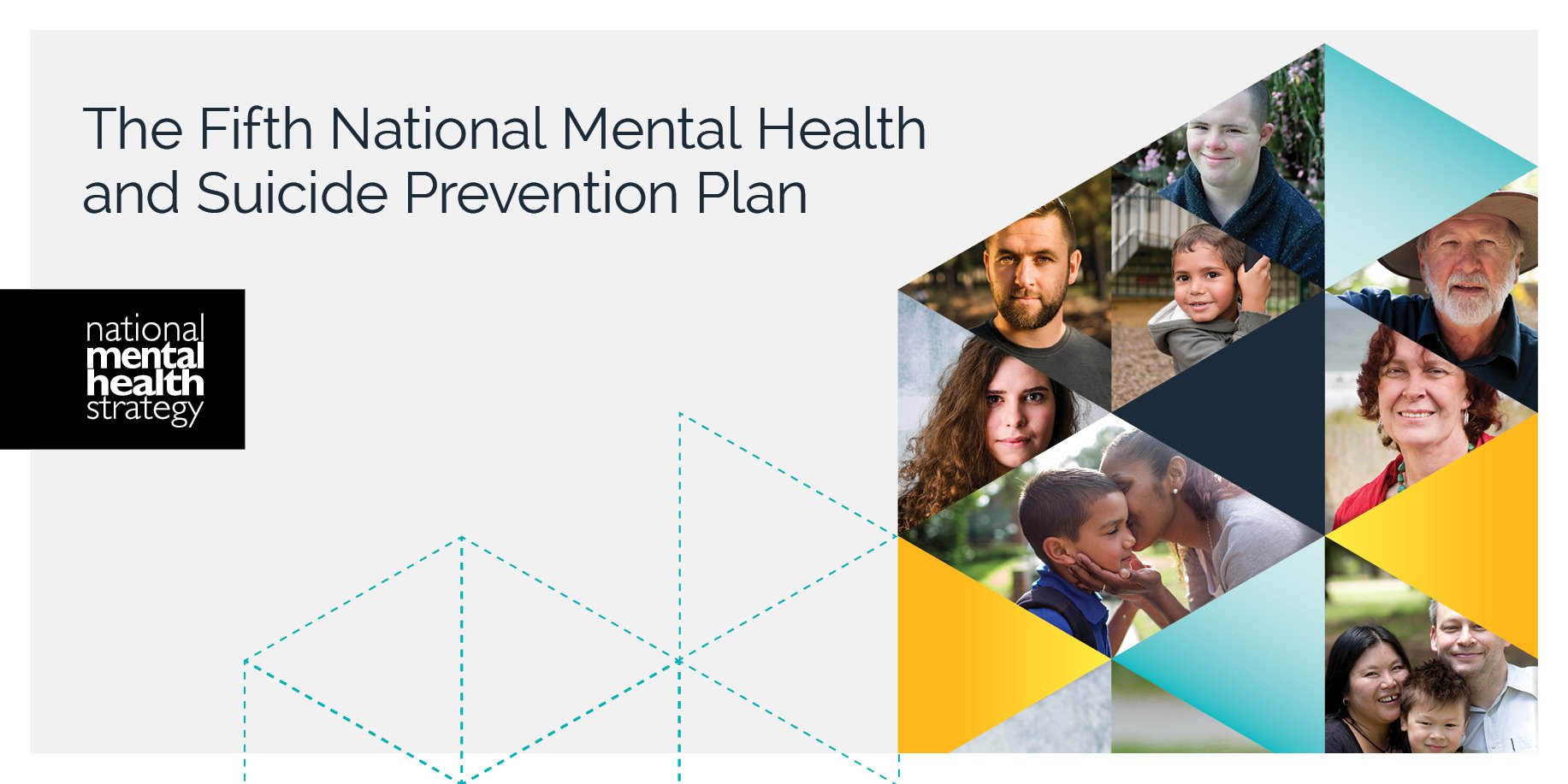The main purpose of the National Mental Health Plan is to elucidate activities and strategies that require to be implemented for the realization of visions associated with a mental health policy. This further aid in accomplishing the set objectives linked with the policy. The prime aim of the National Mental Health Plan is to engage in the improvement of the mental health of a nation. Possessing details regarding timeframe and budget concerning each of the set activities helps in a diligent meeting of objectives.
It is further aimed at prevention followed by treatment of mental disorders and their additional disabilities through technological intervention to thereby ensure sustainable well-being. It is to establish the quality of life as well as to improve the outlook of people towards hopelessness.
Principles of Mental Health Plan
Core principles as outlined in the national framework relating to recovery-oriented mental health services involve empowerment of the individuals as centre of care with inclusion of their uniqueness. Preference is given on real choices in terms of achieving a balance among support extended to an individual for risk undertaking to that of duty of care. Prioritisation of respect and dignity followed by rights and attitudes form the core approach.
The aim is to include listening, learning, and acting on communications concerning the individuals and respective carers. Bringing about the approach of engaging in effective communication and partnerships with carers to furnish an efficient recovery process is advantageous. This is followed by an evaluation of the recovery process through the measurement of set indicators. Emphasizing well-being and relationships maintained to serve as additional determining factors.

Protocols of Mental Health Plan
“National Practice Standards for the Mental Health Workforce 2013” relates to working with people, families and carers in a recovery-focused way. The core principles of recovery-oriented mental health services are supporting people as they aim to take responsibility and thereby engage in reclaiming active participation in terms of mental health and well being.
The aim is to support people towards embracing their resilience and strength followed by inherent capacities that can help them in living a meaningful life. Bringing about the approach of engaging in effective communication and partnerships with carers to furnish efficient recovery processes is advantageous. Emphasizing well-being and relationships maintained to serve as additional determining factors. The main aim of the following health service is to support local communities towards accepting and including people suffering from mental health issues.

Documents to be accessed for referring to when determining what is expected concerning rights, responsibilities, safety and privacy for mental illness includes government websites entailing details of rights and responsibilities followed by legislative documents. Government websites regarding mental health awareness and guidance in terms of the Department of Health helps in underpinning the values and attitudes of care practitioners and required service to be extended out by family and community. This is a beneficial document to generate insight regarding rights and responsibilities involved with safety and privacy in case of mental illness.
Basic principles of National Practice Standards within National Mental Health Plan
According to National Practice standards for “Mental health 2013”, there are basic 12 principles for health practitioners. First principle is “Rights, responsibilities, safety, and privacy”. Learning about their rights and responsibilities and promoting safety and privacy are essential for a health practitioner as these often make perfect in their work. Second principle “Working with people, families, and careers in a recovery-focused way” would be implemented by health practitioners to determine the recovery process of mentally ill people which is working collaboratively with the near people of sick people.
Third principle “Meeting diverse needs” needs to be adopted by mental health practitioners for incorporating social, linguistic, and cultural differences within their practice. “Working with Aboriginal and Torres Strait Islander people, families and communities” is considered as a fourth principle of the health practitioners. Apart from that Access to treatment in time is the fifth principle and “individual planning” for treatment is the sixth principle.
Treatment and support are the seventh principles of mental health practitioners. Mental health practitioners also would implement “Transitions in care” as their seventh principle of health practice. “Integration and partnership” are a major principle for health practitioners as it helps them in ethically providing their treatments.
Quality improvement principle is also a vital principle for health practitioners as it helps them in increasing their quality of treatment. On the other hand, Communication and information management is considered the eleventh principle of health practitioners. Finally, Health promotion and prevention is the crucial principle for them as it includes strategies of health prevention and improvement for mentally sick people.




